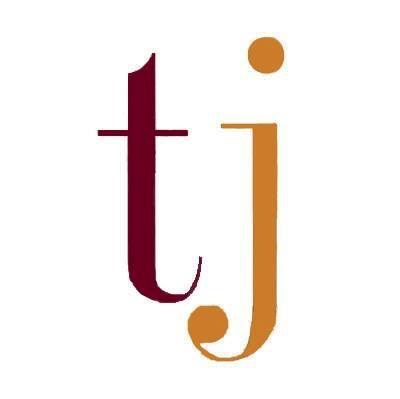Winthrop’s VP for Finance and Business Affairs/CFO Justin Oates addressed the board and presented a PowerPoint slideshow which broke down the numbers of Winthrop’s budget for fiscal years 2019 and 2020 while the board members looked over paper copies of what was being shown on the screen.
Oates said that he had brought “divisional breakouts” — which included the “academic” breakouts — to the board in order to get “final approval on our division budgets.”
“The purpose today is to quickly go over the numbers including the [fiscal year 2019] preliminary year-end results which do impact our financial profile,” Oates said, adding that he wanted to “talk about the [2020] operarating, revenue and expense budget before finalizing and having a conversation about our net position.”
“We do have a positive swing in the net position. Instead of being [$18 million], which we discussed at the last meeting, it’s going to actually be just over [$22 million],” Oates said. “We’re going to be slightly over $22 million in our net position.”
Oates said that the “big factors in the swing are primarily due to a million dollars in the auxiliary profile in interest income” and added that another major factor was from budgeted money not being spent.
“We knew we get interest income every year but [the state doesn’t] produce us the results until June 30,” Oates said. “We invest our auxiliary net position in the state in a short term investment and then we get interest on it,” adding that the amount was “almost a million dollars.”
According to Oates, the amount last year was $100,000 and he said that “we had no clue” it would be close to $1 million this year.
Oates said that the university had “$122 million in revenue and we spent just under $120 million.”
Oates told the board that a higher-than-expected number of graduate students would “offset being down slightly in undergraduates” though he said that he was “confident” that with the newest freshman class being on campus, the university would “hit pretty good freshman numbers.”
“That’s at 1,078 as of this morning,” said Winthrop President Dan Mahony, adding that housing “looks like it won’t be very far off of what we projected, if anything slightly up from what we used as projection when we built the budget.”
“We’re not going to spend over what we have,” Oates said, regarding Winthrop’s operating costs for the upcoming fiscal year.
Looking ahead at how the university can be well-placed financially in the future, Oates said that they were looking at a “tiered approach” for student salaries and at “coming up with three basic salaries [for] different jobs around campus because right now, it’s really up to the hiring area what they pay their students and it caused some inequities on campus within the structure. It also may inflate the pay for some areas so we want to create a structure for student pay and three different tiers so that the student jobs would fall in one of those tiers.”
Oates said that it was imperative to “grow operating, not continue to decline because honestly, the declines we’ve taken over the last two years, in my opinion, we’re close to the low point we can go,” and said that sacrifices would have to be made “if we continue to go below that operating amount.”
One board member said that he thinks “it’s a shame that we wait for the state to force us to give raises, it really is” adding that this was “not sustainable.”
Oates said part of the university’s “compensation philosophy” was “rewarding” its employees and that the university had “lost some good ones since I’ve been here in the last year because of salaries.”
Prior to the meeting going into executive session, the issue of transparency on the part of the board of trustees was raised. It was said that “the media can ask for anything that’s public documents … we give when asked” b1qut do not “push out” the “supporting documents” of the agenda.
While public documents relating to the university’s board of trustees can be made available upon an official Freedom of Information Act request, someone at the table said that “I don’t think that’s being as transparent as we could be … I’m talking about documents, I’m talking about financial reports, I’m talking about anything that is, from a policy perspective, that this board would be considering for action that would set policy for a public institution. That that information is readily available to any member of the public as it would be to the media.”




